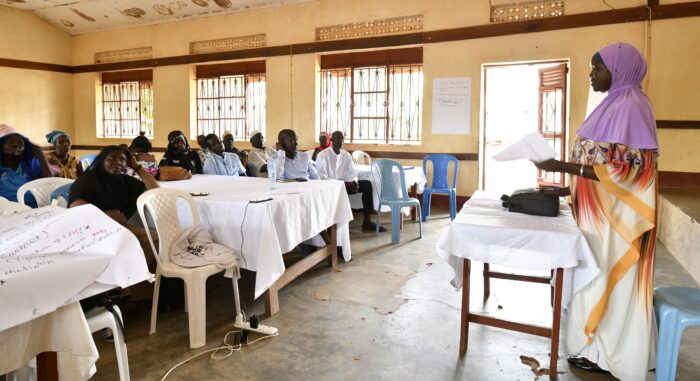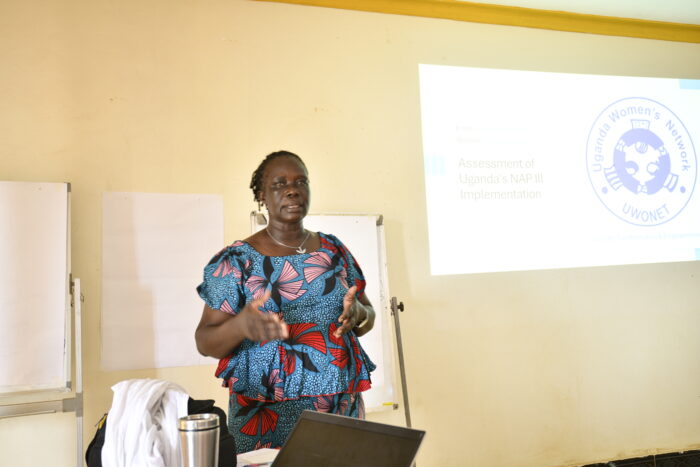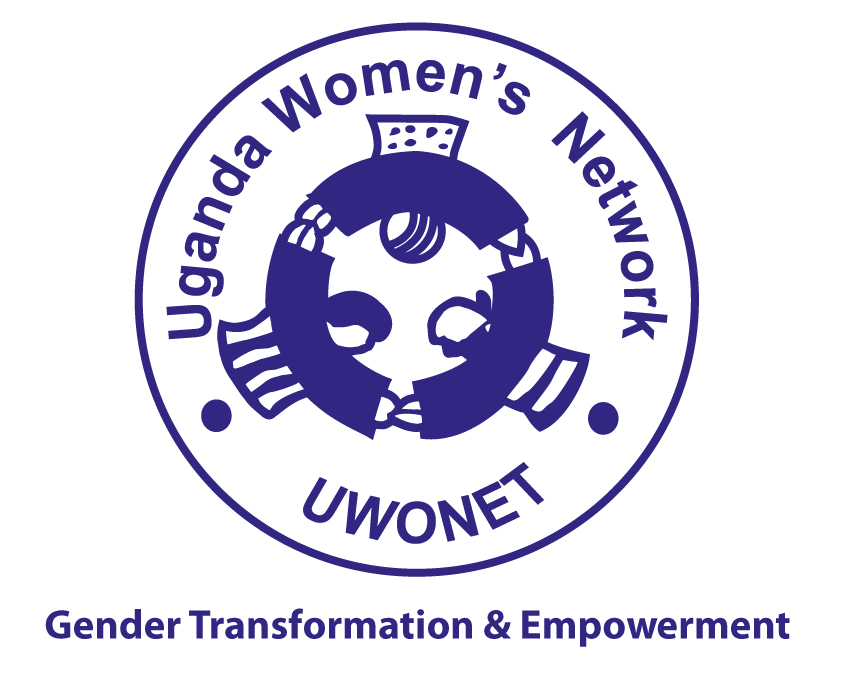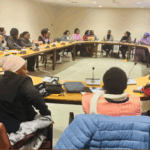
Regional dissemination of NAPIII assessment findings

In 2024, UWONET conducted an assessment to track the implementation status of Uganda’s NAP III. This assessment was conducted in selected 5 Districts of Uganda (Kasese, Kitgum. Kotido, Kampala and Yumbe). The assessment aimed to achieve the following objectives: Assess the progress of NAP III; Assess the relevance and effectiveness of strategies, approaches and interventions of NAP III delivery and assess the factors that are enabling or hindering the achievement of NAP III objectives and make recommendations for improvement. The findings were disseminated earlier in the year at the national level that sparked important conversations among stakeholders hence drawing possible strategies to advancing women, peace and security agenda.
The findings indicate that deeply rooted social norms continue to hinder women’s participation in decision-making and peace-building processes across Uganda. The study highlights a lack of training opportunities for female peacekeepers at the district level, limiting their capacity to contribute effectively to peace efforts. While Uganda’s security sector has made strides in gender mainstreaming, with notable female representation in the Uganda Police Force (UPF)— leadership positions remain predominantly occupied by men. This imbalance underscores the urgent need for stronger enforcement of gender equality policies within the sector.
Despite these challenges, women led initiatives aimed at countering violent extremism are gaining ground. Programs such as Sisters Without Borders have engaged thousands in Kampala, Masaka, and Bugiri through grassroots campaigns. Other efforts include the Second Chance Education initiative in Kasese and widespread community dialogues designed to raise awareness on the prevention and countering of violent extremism (PCVE).

District Women Networks Acknowledges Decade-Long Partnership with UWONET, Highlights Milestones in Gender Equality Initiatives; Ms. Ataa commended the longstanding partnership between the National Association of Rural Women’s Organizations (NARWO) and Uganda Women’s Network (UWONET), noting that the collaboration has spanned over a decade. While UWONET operates as a national women’s rights organization, NARWO functions at the local level. According to Ms. Ataa, UWONET has played a pivotal mentorship role in NARWO’s growth and development, contributing significantly to its current achievements.
Key discussions
Electoral Violence, Monetized Politics, and GBV Undermine Women’s Role in Peace and Governance
The rising trend of electoral violence in the country is significantly undermining women’s participation in elective politics, posing a serious challenge to the Women, Peace, and Security (WPS) agenda. This climate of insecurity continues to discourage women from pursuing leadership positions, thereby restricting their involvement in crucial decision-making processes essential for peacebuilding and national stability.
In addition to violence, the increasing monetization of politics presents another major obstacle for women, many of whom face financial constraints. The high cost of political participation effectively excludes a large number of qualified women from the political arena, further entrenching gender inequality in governance. Advocates emphasize that economic empowerment is a cornerstone of the WPS agenda, and eliminating financial barriers is vital to enabling women’s full engagement in political and peace processes. Moreover, persistent gender-based violence (GBV) continues to marginalize women, weakening their ability to participate meaningfully in governance and peace efforts. GBV restricts women’s mobility and civic engagement, fostering an environment of fear that directly contradicts the WPS agenda’s goal of ensuring women’s active and safe inclusion in peace and security initiatives.
Stakeholders stressed that addressing these challenges is essential to promoting women’s leadership and achieving lasting peace and inclusive governance.

Yumbe Women’s Peacebuilding Contributions Remain Overlooked, Says Activist Charity Farida, a community activist from Yumbe District, raised concerns over the continued marginalization of women in peace-building and decision-making processes, despite their critical contributions during times of conflict. Farida mentioned that while men are now enjoying the peace, it was women who laid the foundation for it. She highlighted the pivotal roles women played during the Lord’s Resistance Army (LRA) conflict, including efforts to combat gender-based violence (GBV). “Women in Yumbe, like Ayikor, took on courageous roles, mediating between conflicting parties and helping to restore peace,” Farida stated. “Yet, their contributions remain undocumented and largely unrecognized.”
In conclusion, while significant progress has been made under Uganda’s NAP III to promote women’s participation in peace and security, persistent structural and socio-cultural barriers continue to impede meaningful progress. The assessment underscores the urgent need for targeted policy reforms, increased investment in women’s capacity-building, and the dismantling of entrenched gender norms. By addressing issues such as electoral violence, monetized politics, and gender-based violence, Uganda can create an enabling environment for women to lead and contribute effectively to peacebuilding and governance. Sustained commitment and coordinated action among stakeholders are essential to realizing the full promise of the Women, Peace, and Security agenda.
Tags: NAPIII




